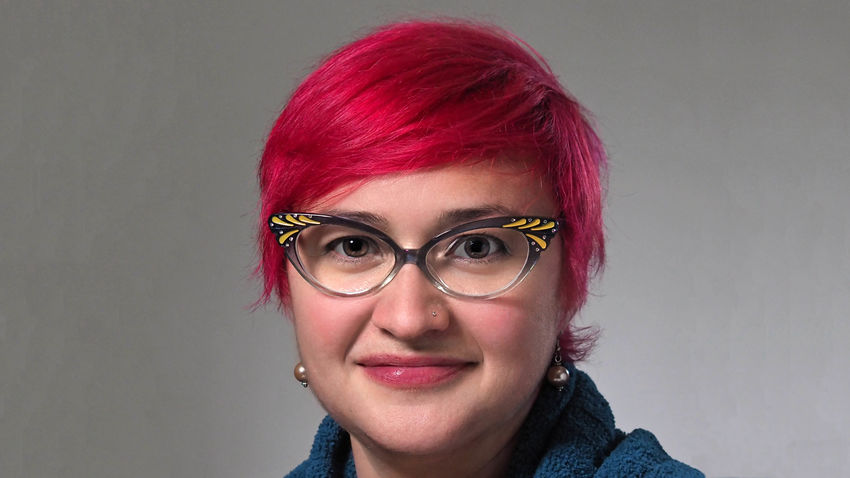
Tamar Klaiman, who earned her master of public health from the College of Public Health in 2006 and her PhD in 2009, has built a career asking questions. It’s part of what motivated her to run for (and win) a spot on the school board of Abington Township, a suburb outside of Philadelphia, in November.
Klaiman has children in the Abington school system, and when the district accepted a $25 million private donation to renovate Abington Senior High School in 2018, without publicly disclosing the stipulations of the gift, she had found her call to action. The donation, from an Abington graduate turned billionaire hedge fund CEO, “included renaming the school after him, as well as having a say in some of the curriculum of the high school,” Klaiman says “That was really problematic for many people.”
The school district ended up keeping the money but not renaming the school.
“My hope is to really ensure that, first of all, we have some set policies in place about accepting donations,” she says. “And then second of all, increasing transparency and ensuring that public education stays public. That’s really important to me.”
As a graduate student at Temple, Klaiman examined pandemics and emergency preparedness. She assisted in what was then the Center for Preparedness Research, Education and Practice. She wrote about local emergency-preparedness plans and how they addressed diverse and urban populations.
“For me, the community health focus was really meaningful,” she says. “It shaped that kind of work that I wanted to do. Research that's practical, where you can have an impact on policymaking and decision-making so that people's lives are improved.”
Klaiman today is a senior qualitative research scientist at University of Pennsylvania’s Perelman School of Medicine, a job that’s all about asking people questions. She helps numbers-oriented researchers gather and interpret information that’s more subjective than a column of data.
“I assist investigators in any qualitative related work. So any time they're doing interviews, or focus groups, or ethnography…research that‘s focused on words rather than numbers,” she explains.
A focus of her work is “positive deviance,” trying to understand what high performers in any community are doing differently.
”They could be high-performing individuals, or organizations, or communities,” she explains. “If you were looking at medication adherence, you could identify people who have been more adherent and understand why, and then try to apply those lessons to others. Or if one community has better maternal and child health outcomes, you could use in-depth analysis to understand why that community is performing better. So you first use quantitative methods to identify who has better outcomes. Then you do in-depth qualitative analysis that could include interviews or focus groups to try to understand why some are doing better than others. Quantitative research answers what is happening. Qualitative research answers why it is happening.”
